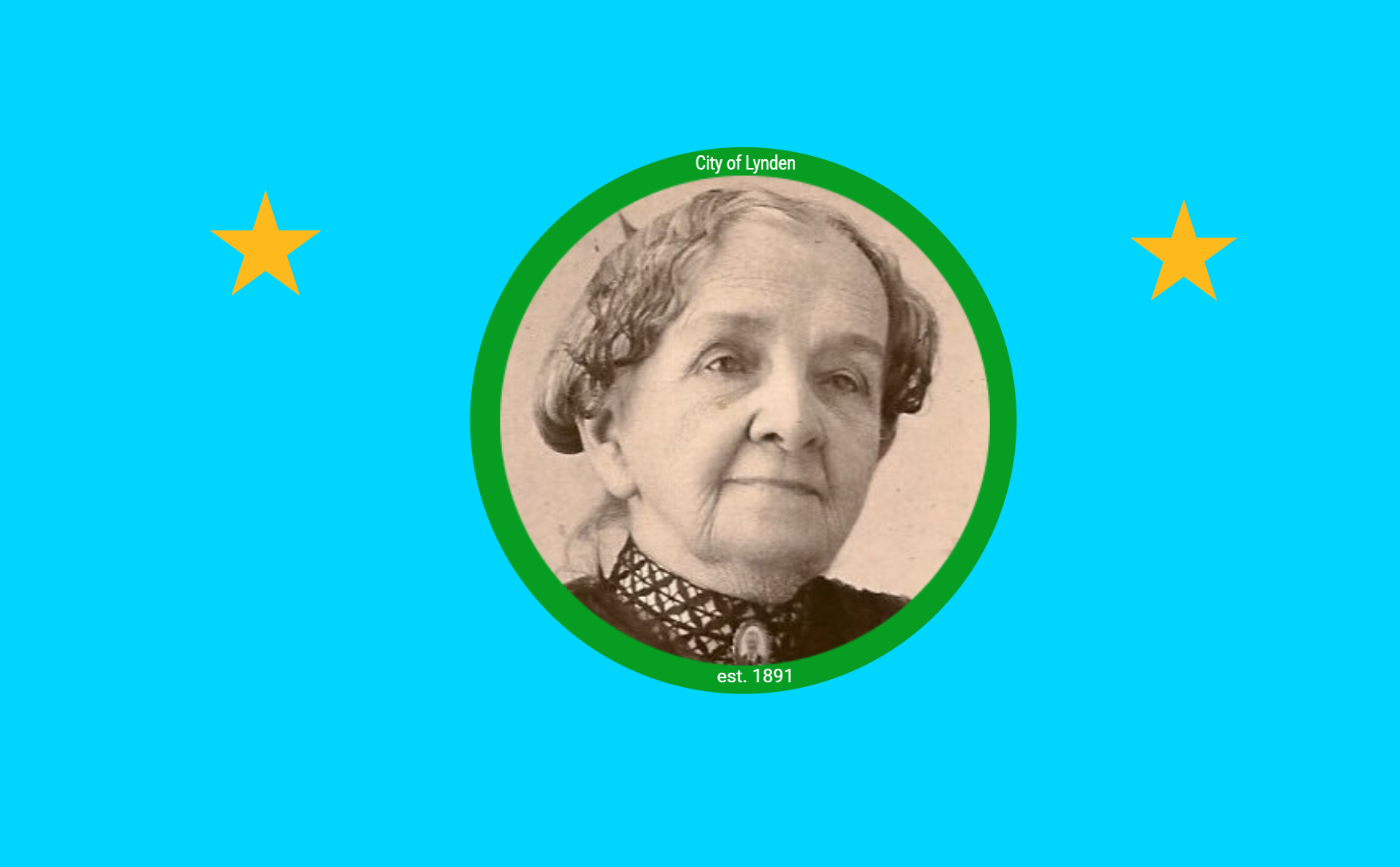By Greg Thames
In the government office space in the Executive Building across from the Whatcom County Courthouse on Tuesday, April 8, 2025, the Charter Review Commission tackled the age-old question that makes everyone squirm: “Who gets paid what, and why?” As it turns out, discussing other people’s salaries is just as awkward in government as it is at Thanksgiving dinner.
Breaking Free from Robert’s Rules
First, a quick civics refresher: The meeting operated as a “Committee of the Whole,” which is government-speak for “let’s loosen our ties and actually talk to each other.” Unlike traditional meetings where Robert’s Rules of Order reign supreme (and spontaneous conversation goes to die), this format allowed commissioners to freely debate before crafting formal proposals. Think of it as democracy’s version of a brainstorming session — but with more acronyms.
Proposal 10: Are County Officials Making Too Much Dough?
Commissioner Andrew Redding certainly thinks so. He introduced Proposal 10 with the subtlety of someone finding a $50 price tag on a $5 sandwich. His plan? Tie elected officials’ salaries to multiples of minimum wage, ensuring the County Executive earns less than the Governor, the Prosecutor less than the Attorney General, and Council members slightly less than state legislators.
“The average Whatcom resident makes about $62,000,” Redding pointed out, suggesting that perhaps public servants shouldn’t be living quite so large compared to the people they serve. Commissioner Joe Elenbaas backed him up, essentially arguing that public service should be about service, not scoring a cushy paycheck.
Not everyone was ready to slash salaries, though. Commissioner Rod Stump defended the status quo, reminding everyone that Whatcom County’s position on the Canadian border makes it special (and apparently a bit more expensive to govern). The current Salary Commission, he insisted, already handles this delicate balance with the precision of a pastry chef.
Proposal 11: Should Volunteers Get Paid? (The Philosophical Paradox)
Commissioner Maya Morales introduced Proposal 11 with a compelling question: If only the financially comfortable can afford to volunteer, is it really democratic representation? Her proposal for paying Charter Review Commissioners a modest stipend or salary based on minimum wage aims to open the door for everyone, not just those with well-padded bank accounts or generous PTO policies.
The ensuing debate revealed the commission’s philosophical split personality. Some saw compensation as the key to diversity; others viewed unpaid service as the purest form of civic duty. Public commenter John Westerfield passionately defended the volunteer spirit, proudly noting he funded his own campaign — presumably without selling a kidney to do so.
The Public Weighs In (Without Getting Weighed Down)
County Treasurer Oliver offered some practical wisdom on the complexity of setting salaries, essentially warning against solutions that sound simple but might create new problems. It was the governmental equivalent of “measure twice, cut once” — sage advice whether you’re building a deck or restructuring county finances.
Beyond the Bottom Line
The meeting revealed the human side of governance, with commissioners sharing personal stories that highlighted an uncomfortable truth: public service often comes with private sacrifice. Some spoke of financial strain, while others emphasized the honor of volunteering — proving that even in local government, money matters are never just about money.
What’s Next?
No final decisions were made, but the commission charted a clear course for further research, including historical salary comparisons and alternative compensation models. The conversation continues Thursday, April 10, where these fiscal philosophers will pick up where they left off, trying to strike that elusive balance between fairness, accessibility, and taxpayer value.
For Whatcom County’s 230,000 residents, these discussions may seem like bureaucratic minutiae, but they reflect fundamental questions about who can afford to participate in democracy and what we expect from those who govern. Whether these proposals ultimately succeed or fail, they’ve already succeeded in one important way: getting people to think seriously about the price tag we put on public service.
Discover more from Bellingham Metro News
Subscribe to get the latest posts sent to your email.





